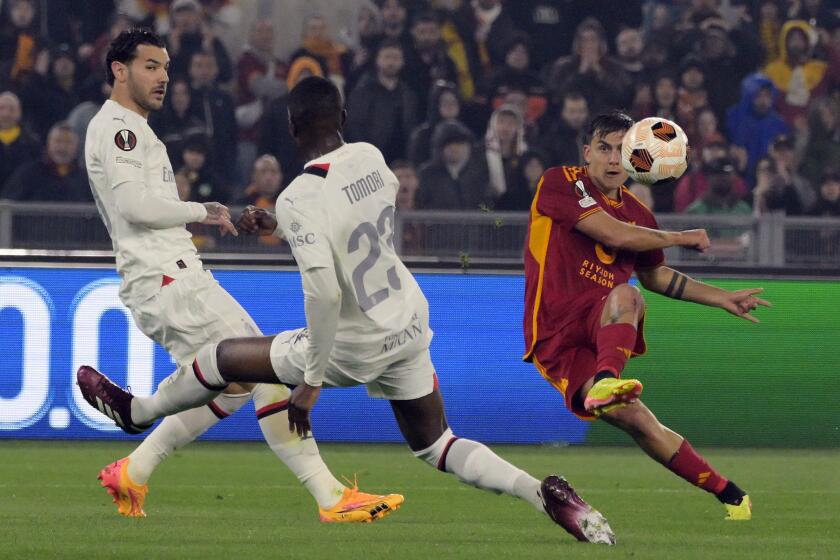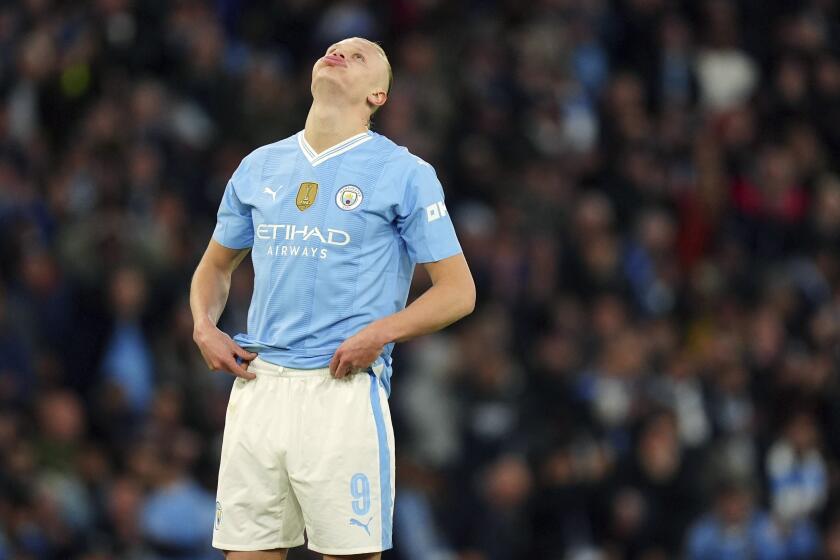Tourists can learn 500-year-old trade of salt-making in Chile
Under bridges, at street crossings or on sidewalks, Caracas barbers are jamming the public thoroughfares with improvised workstations to offer customers inexpensive hair salon services.
Whether under the glaring sun or in the cool shade of a tree, these street barbers offer their services to whoever approaches. Some, like Franklin, have set up a folding table in front of a damaged barber chair.
Others, like Alberto, have joined forces with colleagues and upgraded their street workstations into improvised shops under the Armed Forces overpass with plenty of mirrors, benches on which to wait one’s turn in the barber chair and the traditional music playlist that distinguishes barbershops.
Alberto, with 14 years of experience in the field, smiles and tells EFE he paid someone to paint an equestrian Simon Bolivar on the pillars of the bridge so that clients could admire it while getting their hair cut.
The painting of the omnipresent liberator was inspired by his iconic statue in Caracas located just 200 meters (yards) away from the shop, but it also helps guide customers to the spot: “It serves to orient people looking for the square or an exact reference point.”
“It is the representation of my country because my country is something very beautiful,” says Alberto while the vehicles crossing the bridge rumble by overhead, right in the center of Caracas.
The ever-smiling hair-cutting expert explains that he specializes in “making drawings” on heads, a service which makes him very popular with his clientele.
“Sometimes it takes me half an hour or 15 minutes but it requires dedication and time,” he says.
His barber shop, located in the midst of the city’s chaos and pollution, has also become a place of calm and relaxation for many citizens who pass by and look at the mural that inspired the name of his establishment.
Some of the bystanders stop and inquire about the price of the services.
“1,500 cash (45 cents) or 2,000 points (credit card),” says Alberto, who gives his rates in Venezuelan bolivars, although the cost shifts - always remaining the equivalent of about 50 cents - depending on whatever the crazy Venezuelan exchange rate is on any given day.
The price, however, is significantly lower than other conventional hair-cutteries that require barbers to turn over a percentage of their earnings to the owner or charge a rental per client seated, a luxury that these improvised barbershops cannot afford.
“Most people now prefer to work on their own, so I decided to work on my own, too. Getting a place (to work) is difficult, it’s very expensive to pay the tax per seat,” Franklin told EFE at his street barbershop, not far from Alberto’s establishment.
Franklin has set up a picnic table under a tree at a crossroads, the perfect spot to clean up his work material and wait for local residents to approach.
Soon enough, customers and the simply curious begin to gather around his station, which is located between buildings built by the last governments and where government sympathizers abound.
Among them are plenty of women to whom he offers haircut and styling services - “They must come down here with washed hair,” he says - along with eyebrow hair removal.
“If I don’t work, my children don’t eat. Day to day it’s like that: you’re throwing a pigeon (value) into life,” says the haircutter as he trims the hair of a customer.
The man on whom Franklin is working is one of the few taxi drivers who travel around the city but he has had to stop to cool down his engine. While he waits for his engine to cool, and taking advantage of the shade, he puts his thinning hair into the hands of Franklin, who clips here and there with an electric razor.
With his grooming equipment connected to lampposts or street electrical points, Franklin chats with his neighbor Howard Revilla, who at the age of 19 learned from him how to cut hair and now offers his own services on the next corner.
“The relationship with the customer is more pleasant,” says the barber who has just resumed his work on the street after working for some time in an establishment where he “couldn’t talk to many people.”
Another perk is that “One ‘dives’ (looks with desire). Women pass by and one flirts with them.”
At his side, a woman, a few years older than Franklin, smiles blushing. The hairdresser glances back at her, smiles mischievously and then turns his attention back to his work. The line gets longer and he must hurry. There is time for everything on the streets of Caracas.
By Gonzalo Dominguez Loeda.



